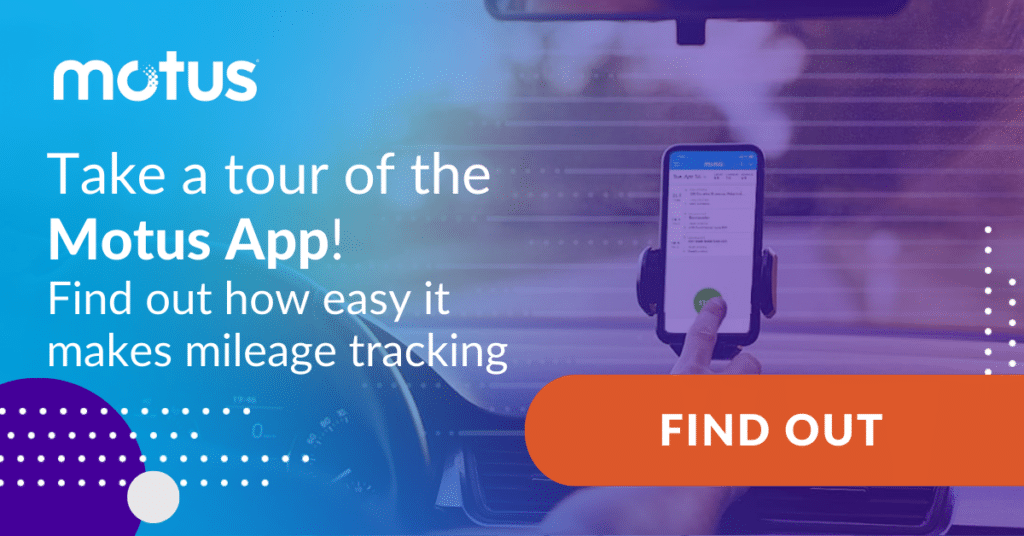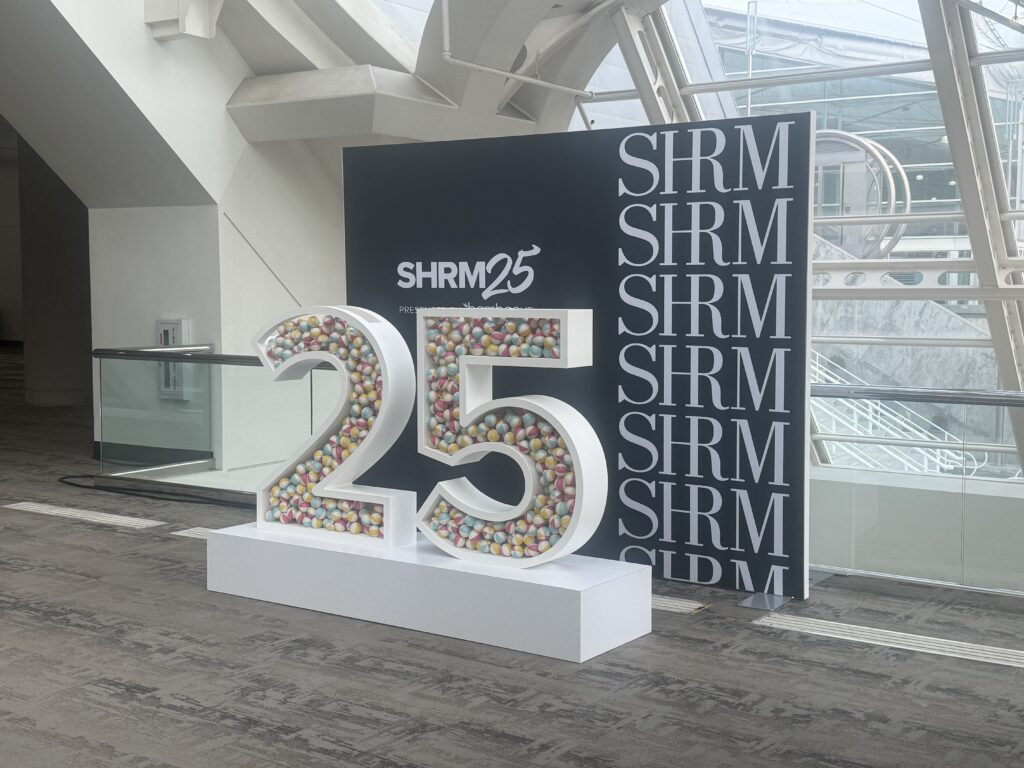Tax codes aren’t anyone’s idea of a good time. We get that. But, while tax codes can be complex, it’s essential for those who manage vehicle programs to understand the IRS’s tax rules for car allowances and reimbursement programs. When your organization fails to comply with those regulations, it can open you up to a world of tax issues and even potential legal penalties.
IRS Publication 463 has significant tax implications for your company and how it runs its vehicle programs. Let’s explore some of the most important parts of Publication 463 and other IRS codes that influence car allowances and reimbursements.
Definition of IRS Publication 463
IRS Publication 463 outlines how US tax law impacts travel, entertainment, gifts and car expenses. In particular, Publication 463 details the car allowance tax rules that individuals and organizations must follow when claiming deductions and reporting expenses related to vehicles, covering aspects like car allowances, company-provided vehicles and mileage reimbursements.
Publication 463 provides the framework that businesses and individuals need to follow to determine whether or not these expenses are tax-deductible, prevents tax fraud and allows businesses to lower their overall tax burden.
Impact of IRS Publication 463 on Vehicle Programs
There are a number of ways IRS publication 463 can impact your vehicle reimbursement program. Those include car expenses, contractor driving and, more broadly, the tax exposure of vehicle program options. We’ll start with car expenses.
Car Expenses
Car-related expenses make up a major aspect of IRS Publication 463. If an organization wishes to offer a vehicle reimbursement program, the IRS requires companies to cover certain expenses before considering the program non-taxable. That will include covering gas, oil, insurance costs, repairs, fees for registration and deprecation or lease payments. Keep in mind that the IRS does not consider personal expenses like costs related to commuting and fines tax deductible or eligible for reimbursements.
Rules for Independent Contractors and Clients
When it comes to clients or independent contractors, the IRS car allowance rules are slightly different. For one, the IRS considers independent contractors and clients self-employed individuals. That imposes a different set of tax regulations on their vehicle expenses. Generally speaking, the vehicle expenses we listed above? The ones organizations would be expected to reimburse? Independent contractors can usually deduct those. That makes expenses like gas, oil, insurance and more tax deductible when they’re business-related. Another option open to contractors is to simply choose the standard mileage rate that the IRS has set for business-related travel.
Car Allowances
Organizations often choose to cover vehicle-related costs by providing their employees with car allowances, which are funds that cover these costs. Through the IRS, vehicle allowances are subjected to income or payroll taxes based on how the reimbursement arrangement is structured.
Accountable Plans
Accountable allowance plans are reimbursement arrangements that are not subjected to income or payroll taxes. For your organization’s program to meet the IRS’s auto allowance rules and qualify as an accountable plan, it will need to meet three conditions.
- The car allowance must be used for business-related expenses.
- Employees are required to substantiate the expenses they claim with their car allowance by providing adequate records.
- If employees receive an excess allowance or reimbursement, they are required to return the excess promptly.
With these criteria met, employees can receive a non-taxable car allowance as a benefit. This benefit can be particularly helpful when your employees rely on their personal vehicles to carry out their work.
Non-Accountable Plans
Non-accountable plans do not meet the criteria above. If your car allowance plan is non-accountable, then the allowance is considered part of the employee’s income, making it taxable. Yes, a non-accountable car allowance plan is technically simpler for your organization to manage. However, it will also land you and your employees with higher tax liabilities. Ultimately, the ease of operation isn’t worth it!
Mileage Reimbursements
Another way that organizations commonly reimburse employees for business-related vehicle use is through mileage reimbursement. This is simply compensating employees for the number of miles they drive for work purposes. Once again, the IRS views mileage reimbursements differently depending on whether they are accountable plans or non-accountable plans.
Accountable Plans
Through accountable mileage reimbursement plans, companies reimburse each employee for the number of miles they drove for business purposes. As long as their company reimburses them at a rate at or below the IRS mileage rate, those reimbursements are non-taxable. Remember, the IRS does not consider commute mileage a deductible expense
Non-Accountable Plans
Non-accountable plans occur in one of two ways. Companies might rely on a fixed mileage reimbursement rate, not paying attention to the actual number of miles an employee drives for business. Since these reimbursements are not substantiated by employees, and excess is not returned, they are considered taxable income. The other way is if employers reimburse mileage at a rate above the IRS standard rate.
Standard Mileage Rate
Each year, the IRS will set a standard mileage rate. The standard mileage rate is the most popular method of mileage reimbursement that organizations regularly use. It consists of a fixed monetary amount per mile that each employee can claim for reimbursement on business-related travel. The yearly adjustments to the standard mileage rate take into account a wide range of expenses. We understand those to include fuel, vehicle depreciation and maintenance costs, among other determining factors.
With the standard mileage rate changing every year, it’s very important for those managing vehicle programs to stay up to date with the current IRS guidelines. Companies often use the standard mileage rate, preferring it to the alternative of needing for your team to take detailed expense tracking and documentation.
Company Vehicles and Accounting Standards Codification 842
The IRS also regulates the tax treatment of “fringe benefits,” such as employer-provided vehicles. The Accounting Standards Codification (ASC) 842 covers the tax guidelines for these vehicles. ASC 842 provides an outline for how organizations should report and disclose leases on company assets. That includes vehicle leases.
IRS Publication 463 deems employer-provided vehicles as taxable fringe benefits. This means the value of an employee’s personal use of these vehicles will be subject to income, Social Security and Medicare taxes. Additionally, the organization will need to carefully follow the regulations shown in ASC 842 to ensure they’re properly accounting for employee-provided vehicles.
Fixed and Variable Rate
An alternative to traditional car allowances or mileage reimbursements, Fixed and Variable Rate (FAVR) is the only IRS-approved vehicle program. In fact, it’s in IRS revenue procedure. As the name implies, FAVR uses both fixed and variable components to reimburse employees’ vehicle use expenses specific to their geographic location.
Accountable and Non-Accountable Plans
Much like other vehicle programs, accountable FAVR reimbursements plans require employees to substantiate the vehicle-related expenses that they incur for business and return any excess. When properly substantiated, these reimbursements are non-taxable. On the other hand, non-accountable FAVR plans fail to meet the same requirements as accountable plans and will be treated as taxable income. One popular method of ensuring an IRS compliant plan is using an automated mileage capture app.
State-Specific Requirements
Along with the IRS car allowance rules, organizations should also be knowledgeable of the state-specific tax requirements that affect their vehicle programs. Depending on where you do business, your state government may include additional regulations on car allowances, employer-provided vehicles and mileage reimbursements. Be sure to consult with a tax professional or a qualified legal advisor to make sure that your program complies with both federal and state tax regulations.
Streamlining Vehicle Programs with Motus
Keeping track of IRS codes and regulations as they relate to your organization’s vehicle program can be a time-consuming task with a lot of complexity. Your organization can operate a more streamlined vehicle program, one that meets your organization’s needs and tax code compliance. Learn more about how the IRS code impacts your program in our guide.









